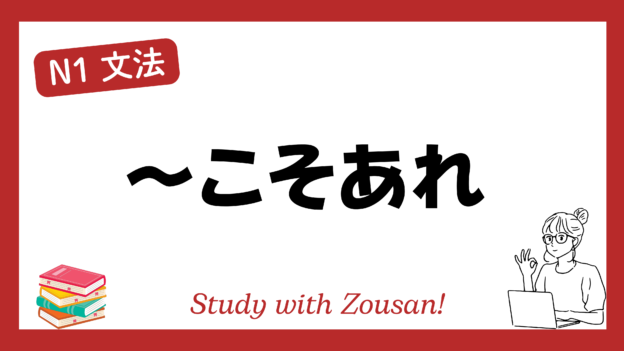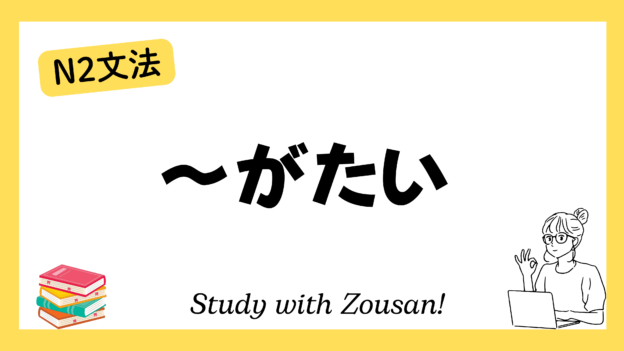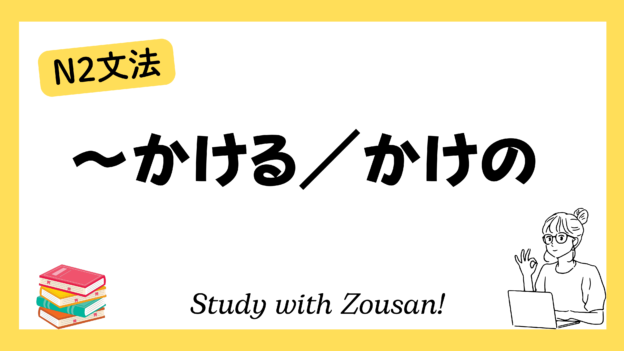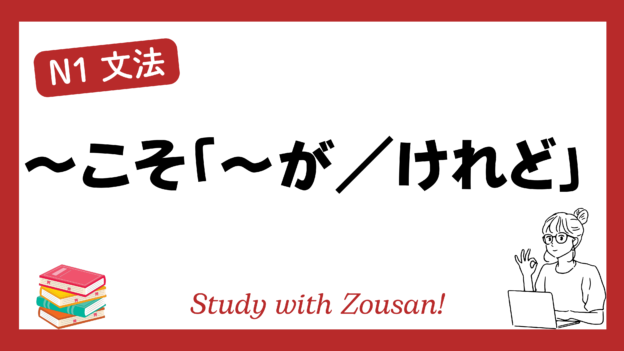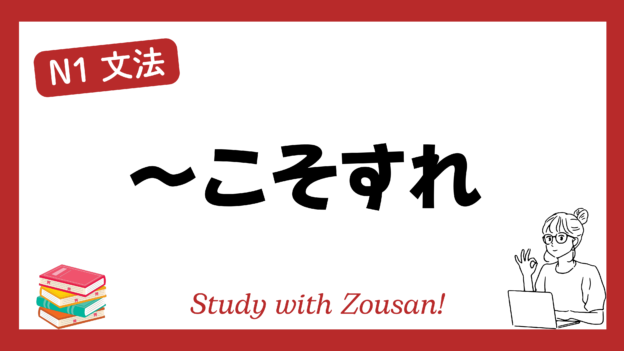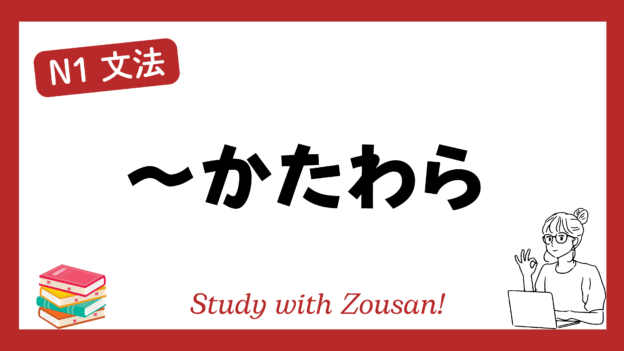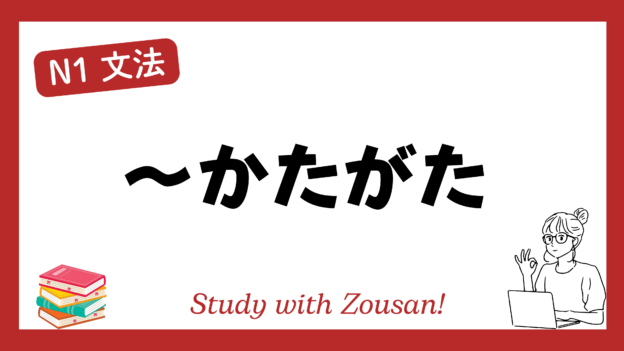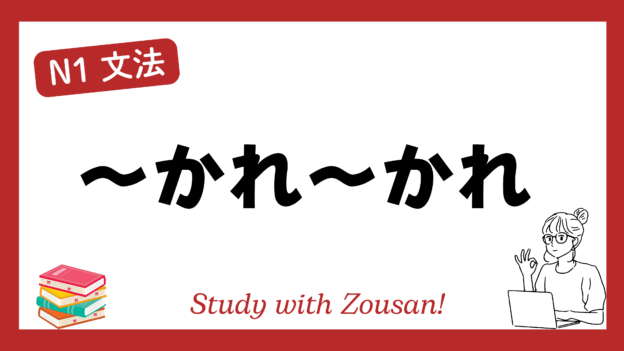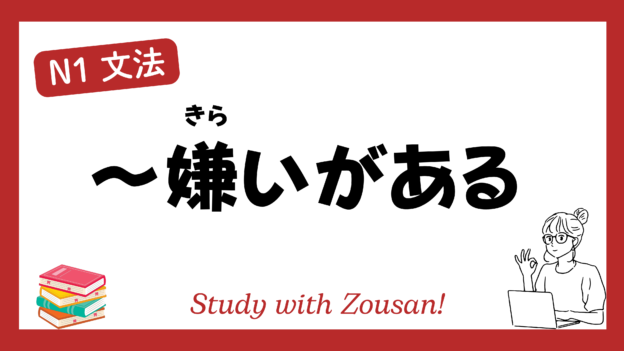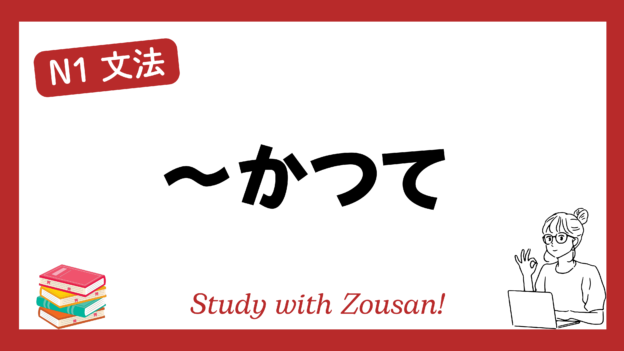Meaning: “Although there is…”, “Despite…”
This structure is used to emphasize that although a certain situation or factor exists, it does not affect or change the main outcome. It is a formal expression typically used in written language.
※Note: “~こそあれ” is commonly used in formal contexts and is employed when acknowledging a factor while emphasizing the main argument or result.
Structure:
| Noun | + こそあれ/こそあるが |
| な-adjective + で |
Example:
-
-
-
🌟 苦労こそあれ、成功するためには努力が必要だ。
(くろう こそ あれ、せいこう する ため に は どりょく が ひつよう だ。)
Although there may be hardships, effort is necessary for success. -
🌟 見た目こそあれ、彼はとても優しい人です。
(みため こそ あれ、かれ は とても やさしい ひと です。)
Even though he may look stern, he is actually very kind. -
🌟 問題はこそあれ、解決できないことはない。
(もんだい は こそ あれ、かいけつ できない こと は ない。)
Although there are problems, it’s not impossible to solve them. -
🌟 不満こそあれ、仕事にやりがいはある。
(ふまん こそ あれ、しごと に やりがい は ある。)
Even though there are complaints, the job is rewarding. -
🌟 失敗こそあれ、彼の努力は称賛に値する。
(しっぱい こそ あれ、かれ の どりょく は しょうさん に あたい する。)
Although there were failures, his efforts are commendable. -
🌟 困難こそあれ、挑戦する価値がある。
(こんなん こそ あれ、ちょうせん する かち が ある。)
Even though there are difficulties, it’s worth the challenge. -
🌟 欠点こそあれ、彼のアイデアは非常に独創的だ。
(けってん こそ あれ、かれ の アイデア は ひじょう に どくそうてき だ。)
Even though there are flaws, his idea is very innovative. -
🌟 危険こそあれ、それをやる価値はある。
(きけん こそ あれ、それ を やる かち は ある。)
Although there is danger, it’s worth doing. -
🌟 違いこそあれ、基本的な考えは同じだ。
(ちがい こそ あれ、きほんてき な かんがえ は おなじ だ。)
Even though there are differences, the fundamental idea is the same. -
🌟 心配こそあれ、彼の提案は試してみる価値がある。
(しんぱい こそ あれ、かれ の ていあん は ためしてみる かち が ある。)
Although there are concerns, his proposal is worth trying.
-
-


